KA WAI OLA



Ka Wai Ola has existed for decades as a fixture of Punahou’s creative community. However, this does not mean our traditions are permanently enshrined. This does not mean the issue you hold now is equivalent to one from 40 years ago. An editor’s role is different from what it was 40 years ago, and perhaps that’s a good thing. From decade to decade, or even year to year, the community shapes itself differently. Ka Wai Ola is committed each year to growing itself for the better. Such is the case for any institution tasked with elevating voices in a community.
The past few years under the pandemic have been significant. We’ve gotten to know what it’s like to live through historical events, and many can say that the experience was disorienting. In this time of upheaval, we’ve seen art and writing thrive. We’re committed to providing a space to honor the expression of those who may be processing the moment. Our knowledge of student wellness has changed as well. Ka Wai Ola has taken a greater awareness of these issues, while still respecting student craft. As Sandra Cisneros writes: “Art should serve our communities.” We want this magazine to reflect Punahou’s commitment to the safety and well-being of students.
Our submission review process has also seen some changes. Discussing and judging creative arts is a complex and difficult task. One perceptive Senior editor took it upon herself to deeply question how we view art and writing. Her reforms to the review have been effective and fair. Staffers feel prompted to think not just about the art, but the artist as well, and their creative process. This way, our final decisions are based on meaningful discourse. This will serve both the KWO team and the magazine itself.
This year, the staffers, advisors, and editors have made this magazine possible, not only because they performed the duties asked of them, but also because they weren’t afraid to question themselves and seek growth. We hope you enjoy the works selected, and that you feel inspired by their inventiveness.
The Turing Tests
Hopes of the Collective
Eclipse
Vanity Shanghai
Run-Off Sentence
Ode to Chris
Born, Raised, and Scathed Nostalgia
Taming Fear Wheel
Hourglass
The Bluebell Suffers From a Sexuality Crisis
Lovely Flower And When the Music’s Over, What Then?
“It’s Basically Asian Pizza!”
My Funny Valentine What I Mean Is I... Ballad of a Vision Dead Summer Days Summer Vacation
Reina Gammarino ’24 Aidan Sibley ’23 Michael Lockwood ’23 Nicole Dao ’23 Nicole Dao ’23 Noe Brennan ’25 Aidan Fraiola ’23 Kaelah Kimura ’23 Elia Belluzzo ’26 Penny Pak ’25 Perry Dye ’25 Penny Pak ’25 Noe Brennan ’25
Iris Xu ’24 Nicole Dao ’23
Ian Watanabe ’23 Crow Villanueva ’25 Mika Hiroi ’24 Mika Hiroi ’24 Jadon Kwan ’24 Esther Chan ’24
10-11 14 15 16 17 19-20 22 24-25 27 30 33 35 36-38 39 41-43 46-47 50-51 53 54 56 58-59
Oxford Skies
Gilded Morning Standstill
The Angel
A Flicker of Hope
Lazy Summer Evenings
New Heights
The Monarch Retires
Eternal Embers
Mirror Mirror on the Wall, Tell Me Who Is Bound to Fall?
The Promised Land (Free with Ads)
We Have Liftoff
Keeping Busy
Spirits of Dew
Withering
Rose-Tinted Memory
American Still Life
Back When I Used to Paint
Balancing Act
Inazuma Scenery
Olivia Cox ’24
Shen Kellogg ’25
Kyle Correa ’24
Sarah Holliday ’23 Sara Tash ’23
Flora Elham ’25
Michael May ’23 Ian Watanabe ’23 Scout Fukunaga ’24
Tyf Katsuda ’25
Ian Watanabe ’23
Michael May ’23 Ian Watanabe ’23
Serene Kim ’24
Haiyi Sun ’24
Aidan Sibley ’23
Claire Sanders ’23
Kanani Seward ’25 Esther Chan ’24 Haiyi Sun ’24
Oxford Skies River Reflection
Astronaut
Adam Gerhardt ’24
Kealoha Comcowich ’25 Serene Kim ’24 Olivia Cox ’24 Kealoha Comcowich ’25 Mitchell Atebara ’24
55 57 60 63 64 66
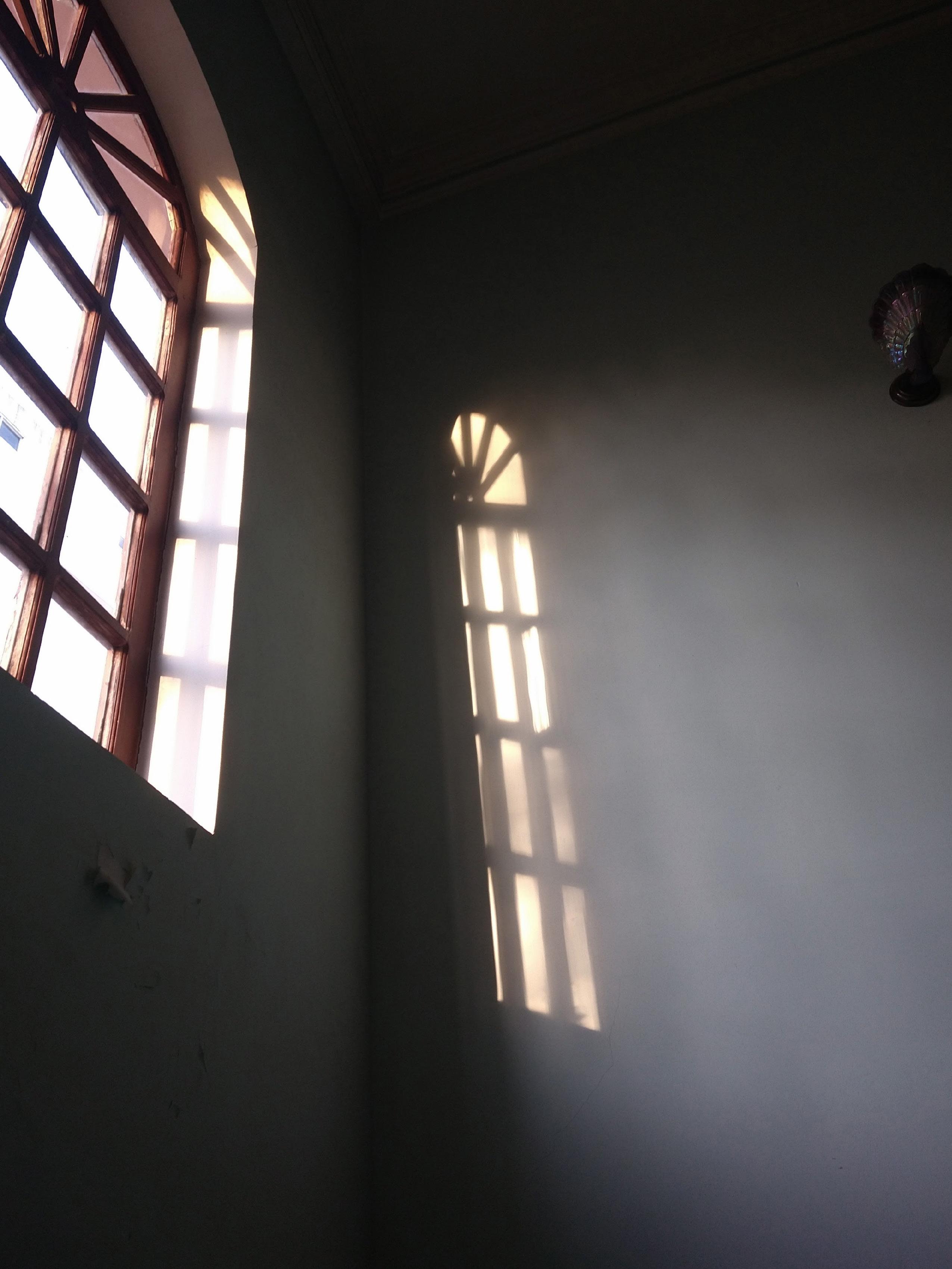
The machine clicks, jolts, then stops suddenly. The potential to save more lives than the population of England is in this room, right now.
The fleet of battleships headed for a swarm of German U-boats is called off. The victims of the next planned air strike evacuate the area.
An attack scheduled for July 7th is aborted. Enigma is cracked.
Alan Turing, in return, is arrested, placed in steel handcuffs for his apparent “indecency”: his relationship with a man named Arnold Murray.
Day after day he gulped down pills administered to him by the government of the country he served.
The apple he poisoned lay on the table. He took a bite out of it. It tasted like bitter almonds.
A century later a computer talks politics, the recent plunge in the Dow
It flirts a bit, then giggles a little too much.
How to be human? It’s so hard.
 Standstill Photography | Kyle Correa ’24
Standstill Photography | Kyle Correa ’24
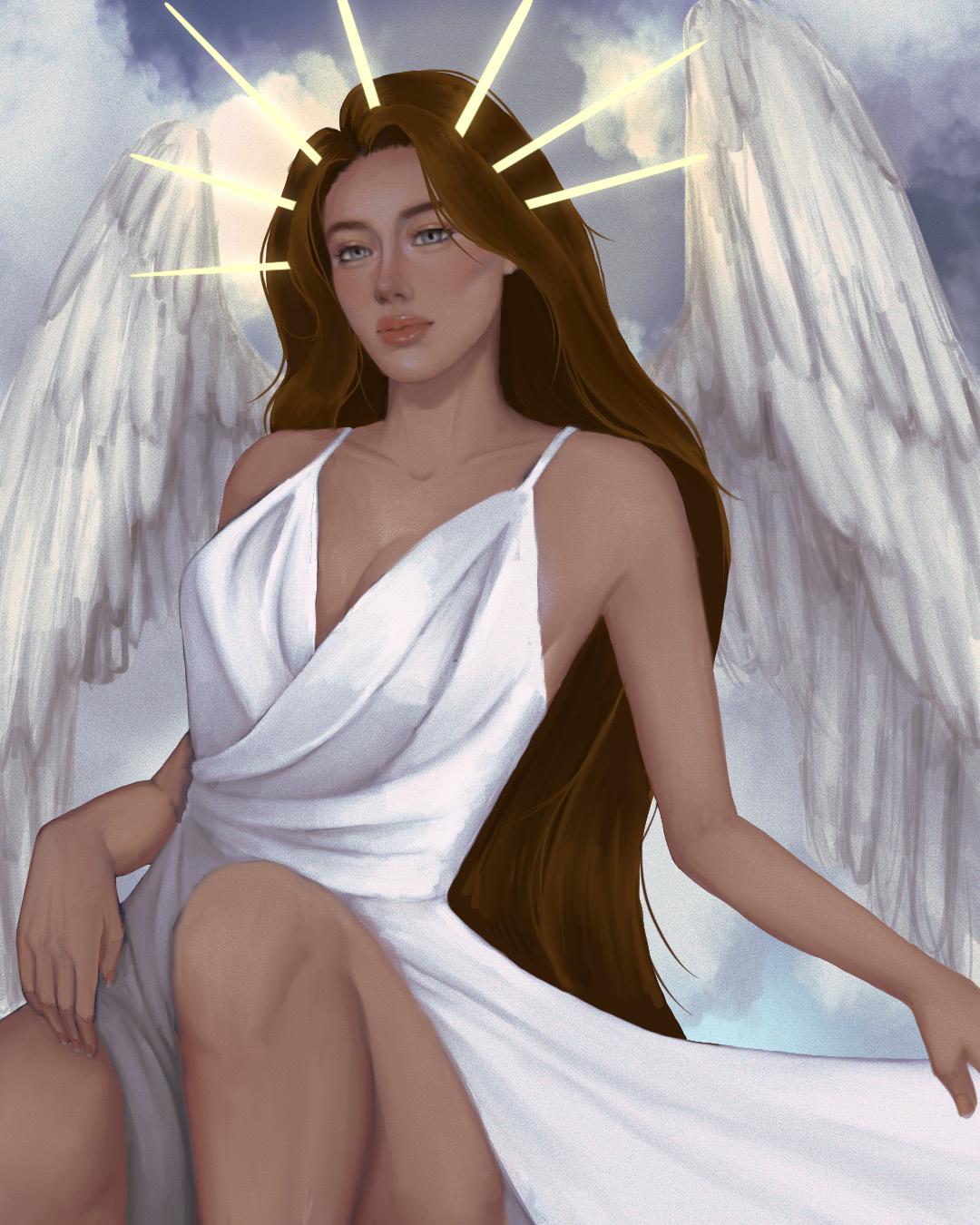
It started with the stillborns
Contorted by some growth
As fibrodysplasia, yet muscle to fungus
Living, blinding, oblivious to this parasite
The generation which followed lived with clouded eyes Faint roots branching under the iris
Alas, with senses not dulled, they worked and strived And lived amongst the internet Its reach, its touch, a fungus
The minds of humanity, interconnected A transformation of mycelium
Angel of the holy heavens
Cleanse me of my sinful offenses
My time is near
Yet my woes are still here
Oh Celestial one, ’dorned in garments and robes
Spare me from the fiery abode
Warm hands arise from below
And drag me down without so much as a throe
A beautiful black with an aroma of coal
They caress my face and take my soul
there is a strange sort of compulsion every time that I pass a mirror. I cried about it once, in the shower, clutching my left rib cage to myself, then shut off the water and tried to dry and dress myself, eyes shut, stumbling around in the blackness, thinking this is heaven— dark and naked.

the hands come to take the sailor away slowly. they swim up like tiny fishes, careful not to wake him from his drink-induced stupor.
the fish, though used to the job, still marvel at how peaceful sleeping boys are, & they are boys, for how little they know of what’s coming, placed on the ship with the others.
in his dream he is remembering the smell of ginseng, his mother’s arms: Child, don’t you ever leave this place on a ship— you’ll lose your sense of home to the waves.
she is wrong.
when he looks back, it’ll always be the shanghaiing that reminds him of home, like he can only come to terms with himself by counting what was lost to the myriad fish— at least two generations to realize it all.
when he wakes, there will be time for fear, & suffering, & vagrancy. but now there are only dreams, & warm breath, & something very gentle.

Leave my stomach stained, an almost olive, alabaster, ultramarine dye, in me you sit there draining, bleeding into me, in this curled up, out stretched way, all alone. And ever so lightly, slightly overburdening and encumbering how I’m, I’ll give it to you, you’re persistent; and waiting, I take it i’m freshly getting tired, probably because it’s been forever (257 minutes) (15,837 seconds) of ..waiting… If I had been counting, I would probably care, so that’s not what I’m doing, or rather not, all I’m doing is actively nothing, not every thing but nothing. Not being sad, that’s for sure, I don’t know what I have to be sad For, because, I’ll see you in 807 minutes. (Not that I’m counting which would be weird for friends, or perfectly normal) I feel perfectly normal. Do you? Do I ? I don’t think so, I don’t feel weird, which feels weird, but I don’t really Care. Unless of course you do. I don’t care deeply, about how you sit there shallowly in An atrium. (mine) (Mine is fully empty of nothing, everything, but you, it’s fine, only Awful) Is my life full? I wouldn’t say if I didn’t not have you it wouldn’t be a fully empty Lot. But not alot empty. Is there not ever a not-empty lot? Not sure, if I know what I’m talking About, but right about now you would patiently interrupt me; briskly politely, or i don’t know How, I guess that you could teach me, but, last time we did that you ended up teaching me, not You-which I guess just shows how good I am at failing. Or how
bad I am at well, blindly trying to See whether we will amount to anything. Or mount the anything, the something of not you, but Me and it will wash away how you…

Aidan Fraiola ’23
Chris, just an ordinary five-letter name a simple word really nothing more than text on paper
No, but your soft voice speaks I hear you I can touch your fingers with the turning of each crisp page
You are lost But I am closer to finding you every letter, every space
“What would Chris say?” Even you wouldn’t know Reading in between the lines a mirror, twin flame,
When the day comes when I tell your story when you tell mine look me in the eye
Sing, from the crumpled paper on the dusty floor Sing, out of my mouth for you appear only existing the locution becomes real
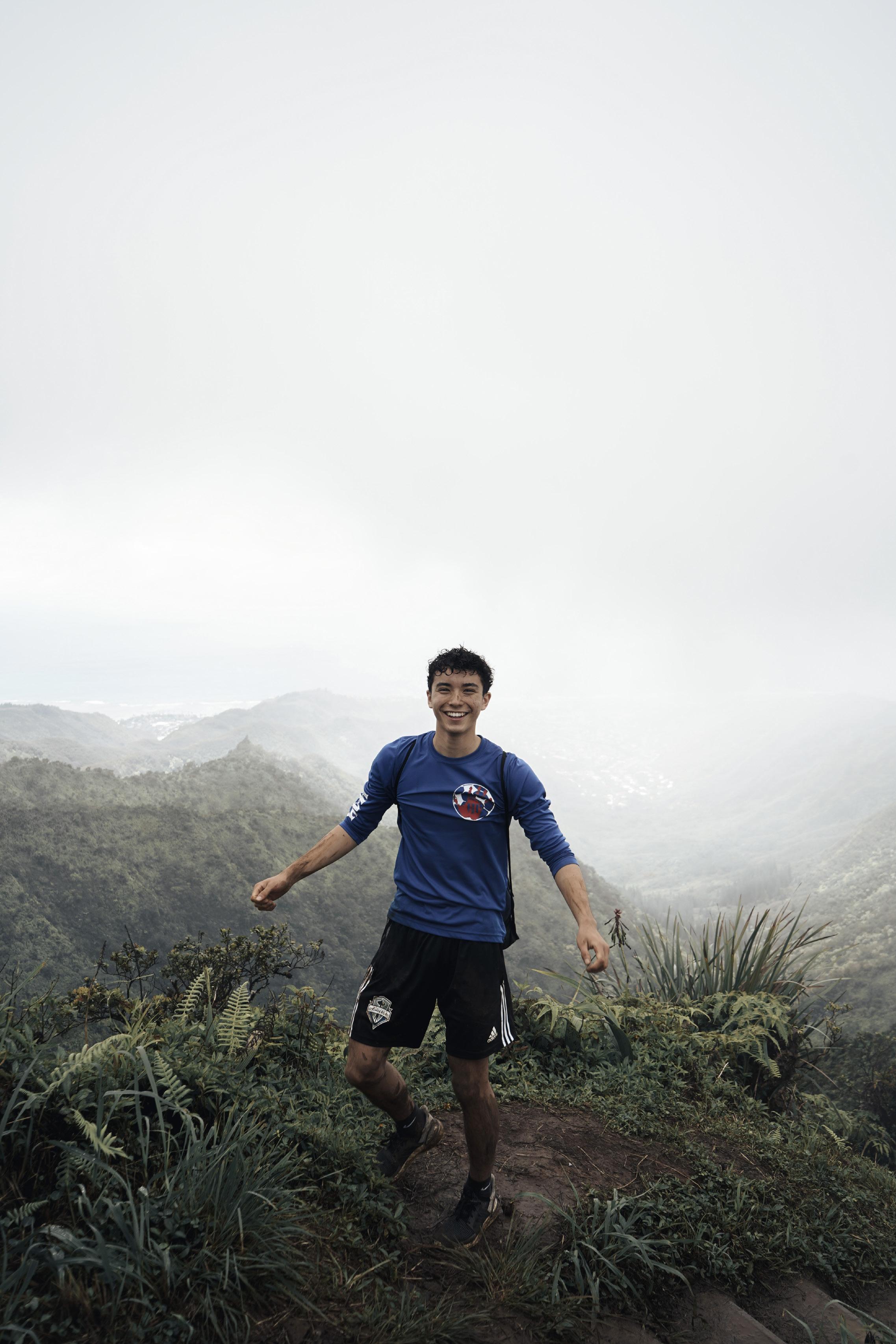
Aloha and welcome to Hawaiʻi the brochures huefully cheer as our home is handed to you on a silver platter calling on you to indulge in the crystal oceans and expansive mountains. A birthright of any American.
But know this: This land is not your land. This is not your city upon a shining sea. This is not your “manifest destiny.”
As the leather-wrapped shoes of the Binghams and Doles left a print on our white sands, Hawai’i was drained of her life and her people their voices. Folded and molded until she was no longer a burden the white man carried.
Yet, now you set off on jets and dream of the Lovely Hula Hands of bronze-tinted women, scents of plumeria lei, and greetings of “aloha” and “mahalo.”
For while the culture of this place couldn’t have a place with its people, its financial advantage was inescapable.
So, naturally, the business of hospitality became leaders’ mentality to a present point when keeping children of these islands in these islands comes second to making an island experience worthy of your week-long loyalty.
The experience I speak of is a ploy of close-up magic: Lūʻau, hula dancers, and surf lessons waved in your face to distract from the tricks that illude a visitor’s paradise: A cost of living more costly than most livings can afford, A population growing faster than infrastructure constructed, And an American fist that grips in a tug-o-war against a Hawaiian resistance and most often wins.
But, no. You aren’t to worry because once your skin is sunkissed and bags packed with trinkets 2000 miles of ocean distance you from this.
So we, the very people smothered and silenced by the concrete, tiki torch, plastic lei, pineapple-flavored experience, Are left to clean this mess for it is our reciprocal responsibility to restore life to the place that is life itself.
And yes we may be scathed and battered and bruised but our love for Hawaiʻi, like blood beneath the skin, heals all wounds so that we may protect her another day.
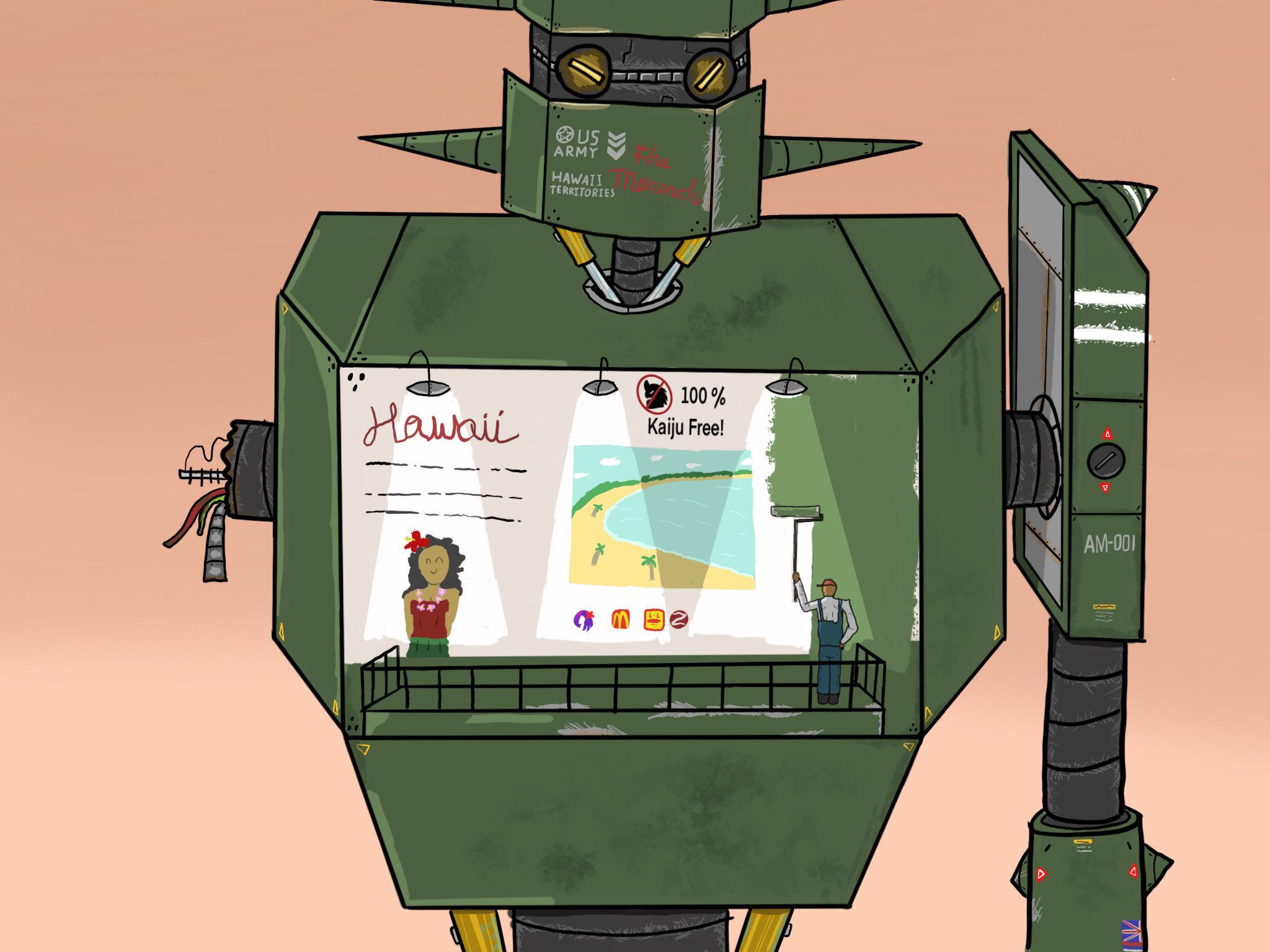
The crashing, sharp waves
Sting my calf as I sit in the water. Letting the thoughts flow out, Letting the feelings drain. While I sit in the sea I remember the childhood wanderlust Wondering where it went, It disappeared over the years. I’m a different person now.
The curt, brittle sand Burrows between my toes.
As I walk from ocean to shore, Letting the memories cascade off rocky cliffs Descending into formidable tides. It overwhelms the perspective I had before. I’m a different person now. While I walk from beach to car,
The wind rustles my hair. Letting the nostalgia take over my body I’m a different person now.
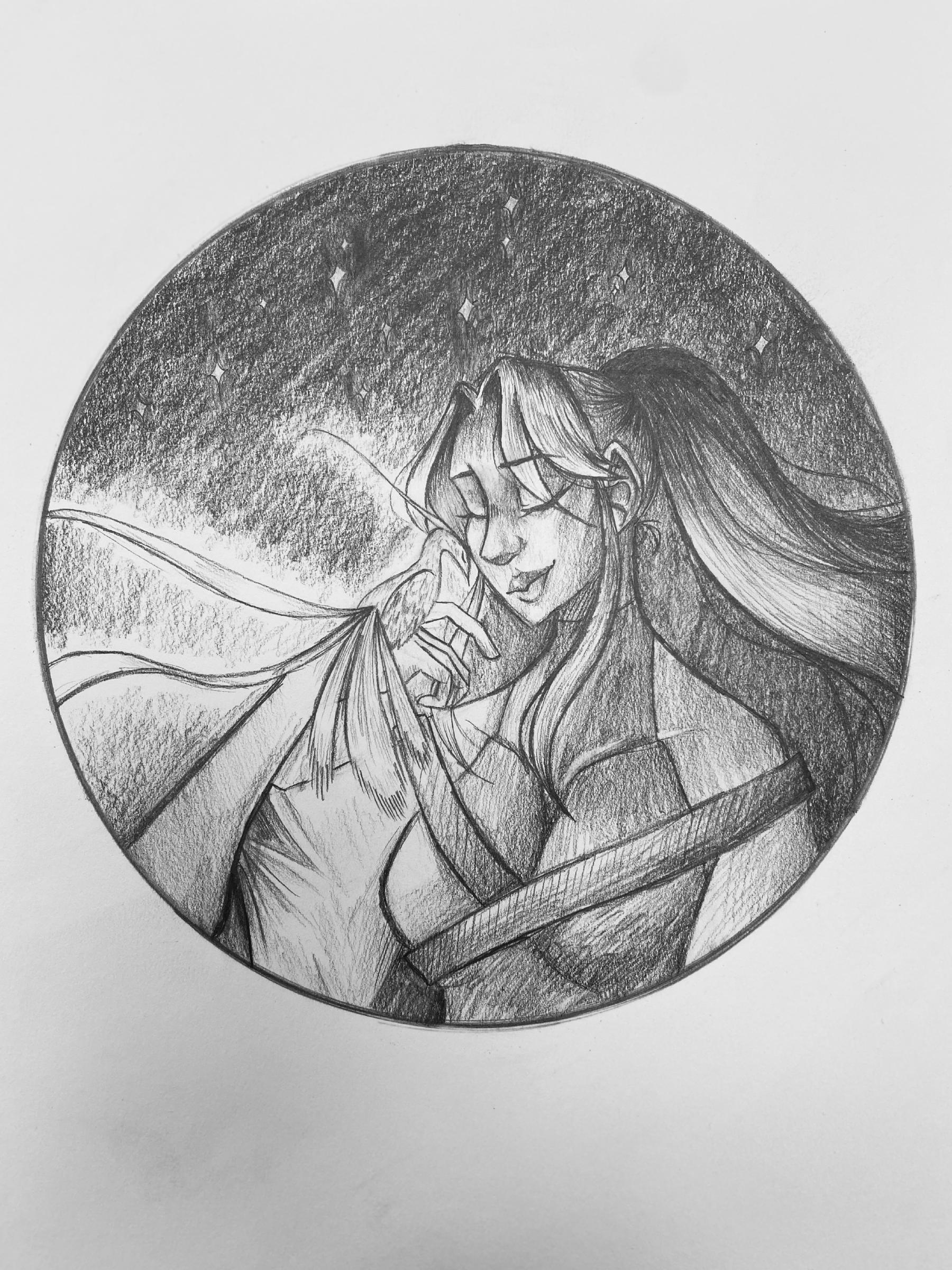
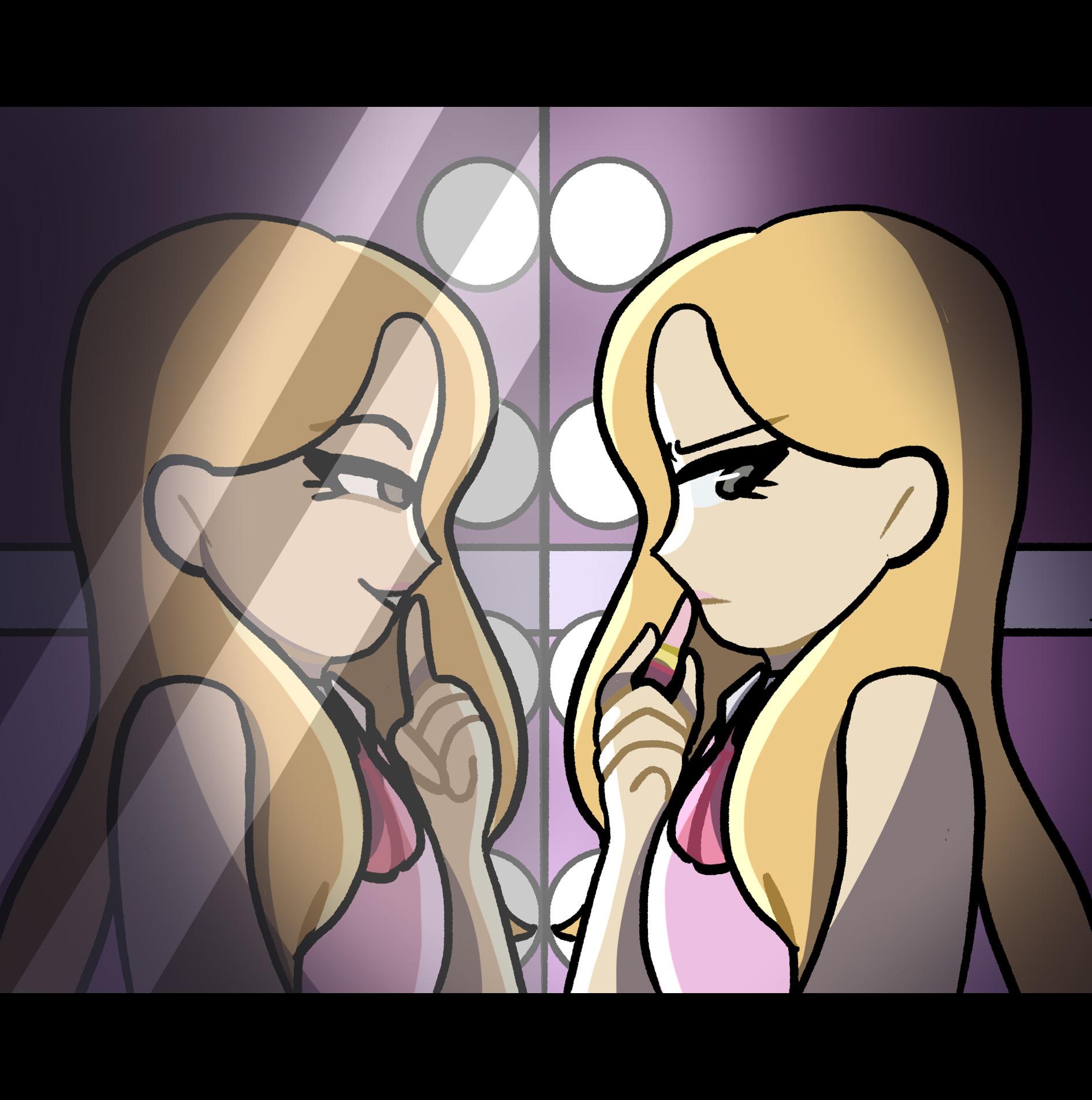
There is a beast you have trapped. It lurks harmlessly in a cage of your creation.
What created the beast?
Was it food that spoiled?
Your ego that coiled up and failed to stop?
Was it your dread?
Perhaps the beast was born from the way it was bred.
Maybe the beast is not as vicious as it seems.
Maybe you have misunderstood its unique hiss.
Maybe, just maybe, the beast does not exist.
And what if it never did? What if it is a concept in your mind?
You want that concept to be real? Then it will be, give it time.
More days of its torment, more days it goes insane.
By then you will actually have something to tame.
Something to blame, something to frame, when it is you who has committed the crime.
You, the cage, that cannot change your heart, your brain, what you call “sane.”
You will confine the beast, try to train it to stay still.
Little do you know, you are only training it to kill.

 Digital Photography | Michael May ’23
Digital Photography | Michael May ’23
The clay wobbles beneath my fingertips Rolling and twisting in slow heaving gasps A beast breathing under the palms of my hands I hold my breath, leaning over the wheel Softly guiding, pushing, until it stills. This tender new form emerges— Spinning, spinning, yet holding so still in perfect balance, But the release, I’ve learned, is crucial in this art. I always tended to be too quick—eager to complete, Nervous to examine this new development. But in my haste I’d knock the edge, shift And with the minute change the balance slips away. This clay has a will of its own, a stubborn gritty grey Always wanting to stretch and writhe or lean Swerving, sliding into weird, bulbous curves. No, the release is slow, reassuring, Calculated and careful, brushing a soft goodbye against the clay, Never fully relaxed until the hands lift away Dipped into silty, murky gray water, The splashes leave arcs on the slowing wheel. The soft whirring of the spin slowly quiets, The first step is over, the clay, centered— I sit back, gently let my breath slide out Then the balanced, even shape Begins to spin again.
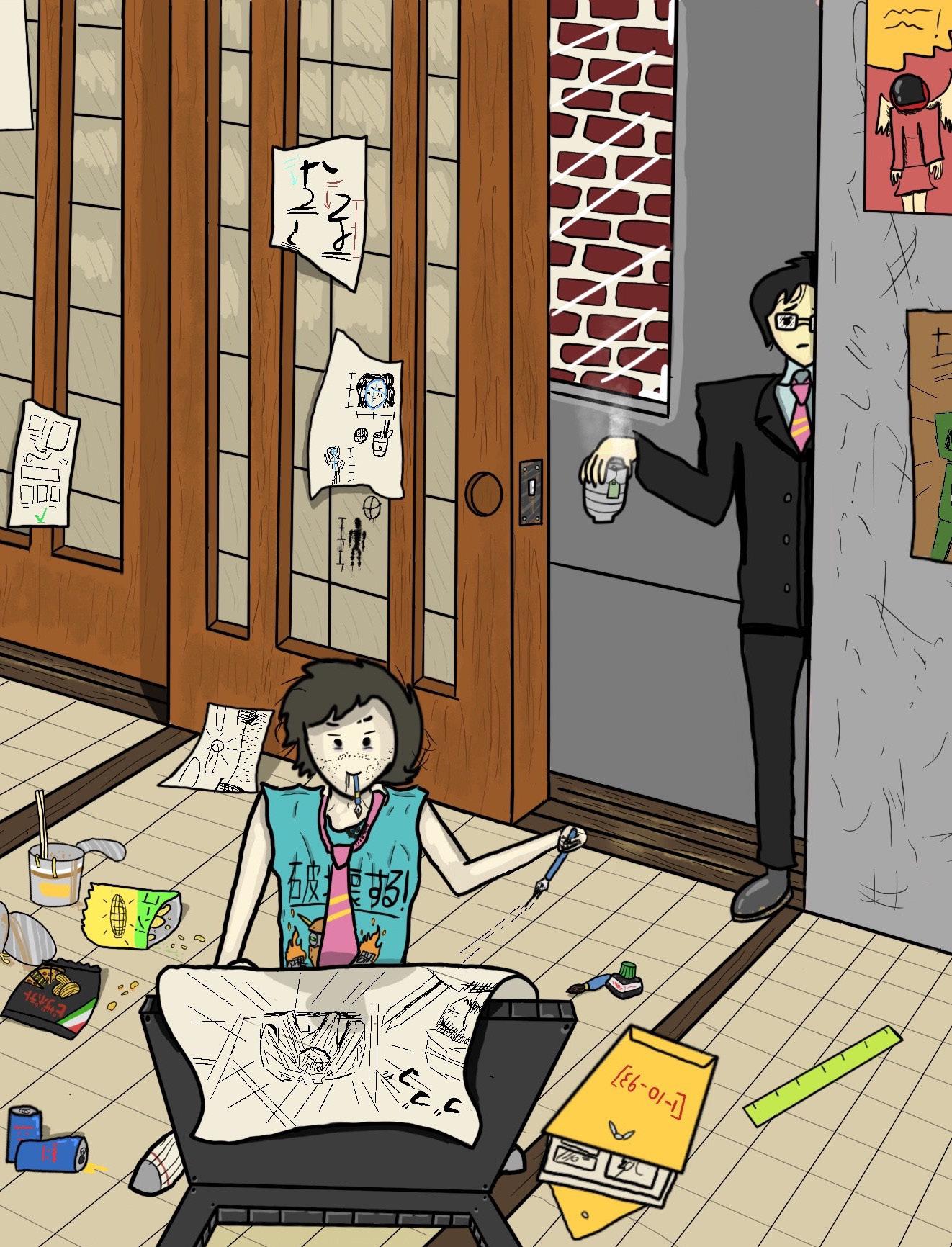
Waves of mystical wind come and go, Morphing into a blow of kisses and The annual song you are not yet sick of hearing. You may be young and naive, but you understand the echoes of the universe
Better than any adult ever could. Earth will keep spinning unlike your head of fleeting dreams. Your youth is bound to run out like sand in an hourglass falling From the top of the world to inside it—nonetheless, The sand has always been trapped. You have always been trapped. Ropes string together your carefree memories and utmost fantasies
Until one day, the ropes are no longer necessary. Yes, the future is near, though the present is here, so Keep running without any speculation of where the finish line is For awareness abolishes innocence.
Appreciate the light balloons that barely hold you back For they will soon be replaced with something much heavier. Notice the delicate dandelions beneath your even more delicate feet.
Wish on every one of them that no matter how far away the stars shine, You will keep chasing them time after time.
My Dearest Friend the Oak Tree,
A question has long been troubling my mind and far too long I’ve spent in dismay for whom do I love, the night so darling and kind? or do I have a crush on the day?
I was rooted in the thought all rooted life loves the sun for it lights up each bloom with a smile. Free of sunlight, my leaves would surely be done. Starved, deprived, and loveless for a while
I wish for the sun to admire my beauty and want to be held to my nectared heart I wish for him to love how I attend to my duties and to admire me, and heat from afar
and I, the bluebell, would think to myself my dear husband, how he looks so bright he protects me and holds me safe from himself; for his sweat and face make me sick in the light
Though I love that he loves me, When his arms trap my stem, I ignite with pure disgust Each time he nears, I push him away These sickly flames are surely what is meant by “true lust”
but the night, oh my sweet moon Each dusk she blesses my lids with her vision for I await her arrival each eve she leaps past and keep her shadows tucked away in provision
I weep when the sun rises, or her stars fade again for her beauty entrances me so I wish for her curled up in my arms, her breaths so serene My newly nocturnal heart cooled by her glow
I wish to see her moonbeams bared And smiling, only for me I wish to see my potting shared with the sanctity of she To dance, enveloped in each other’s arms Safe in her serenity
But I’m scared, oh so frightened! If I taste the sweet night I won’t return to day how will I survive, if I was taught that I, the bluebell, needed to be lighted to stay
If I continue to think, I continue distraught So I must come to conclusion So I ask myself the one true thought. Which love must be an illusion? and
If I were to fall to pieces And my petals began to decay Who would leave me rotting there? And who could be tempted to stay?
For I must be unbroken, nay uncracked to love the night And hold her delicacy in my hands, keep myself whole And I must fall to shards to love the day And be swept under the mat as bells toll so my dearest friend the oak, think on this quagmire, I need your thoughts immediately For of this conundrum, I so tire Please write back with dutiful speed.
Friend, which is my true desire?
With greatest adoration, The Bluebell
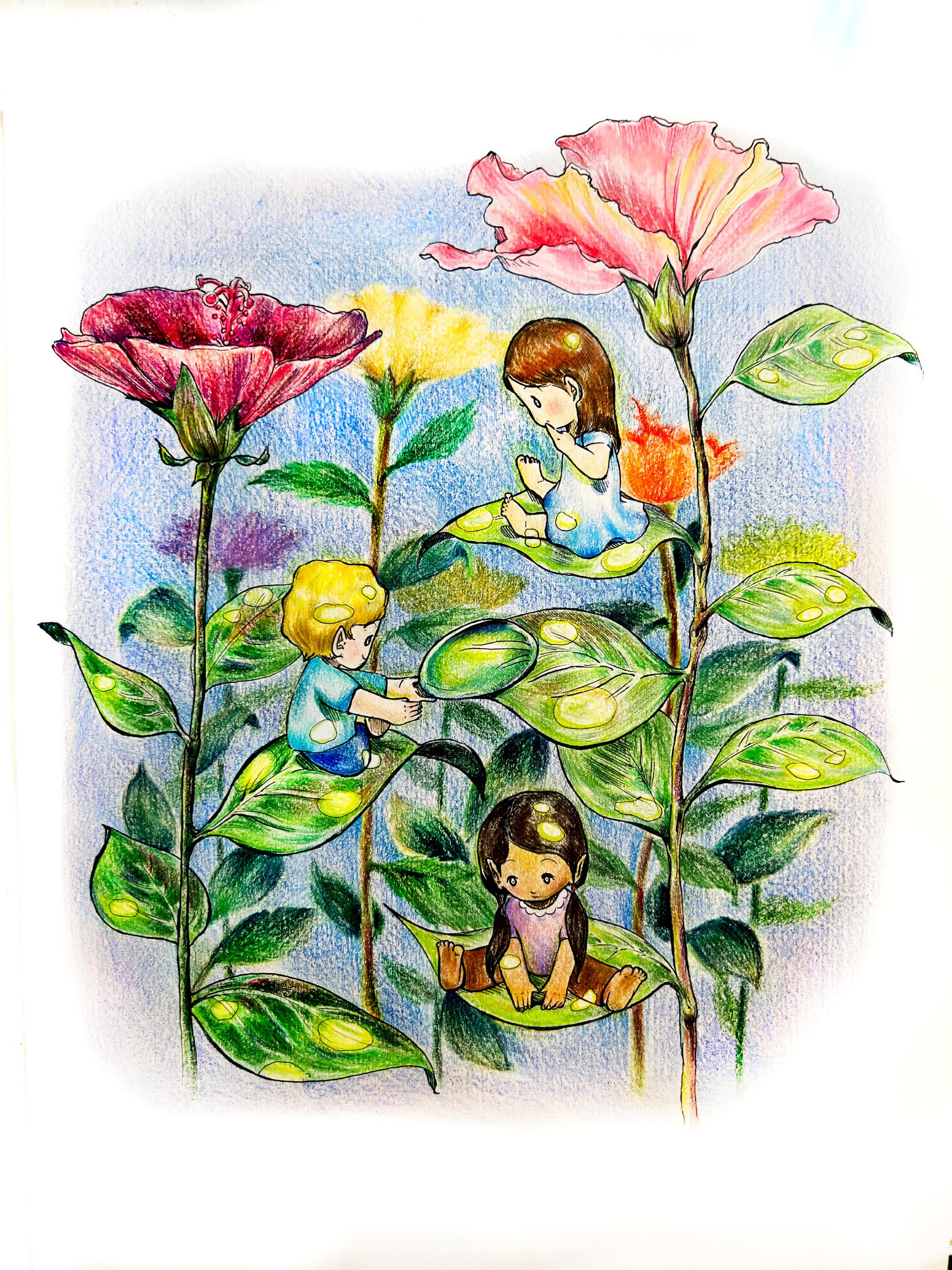
I always strive for magnificence, But my energy is long past due. For my fingers have started to fade away, And my eyes are a faint shade of blue.
I am always endeavoring, To help those that I love. But they never seem to do the same, And leave when push comes to shove.
I’d like to think that I’m a lovely flower, But I may just be deluded. For when I look around myself, I find I am secluded.
I just can’t seem to concentrate; The world’s a little blurry. I’m not doing well since you’ve been gone. The stars, They look so dreary.

It’s winter when she tells me. The sun has been setting earlier and earlier, so it’s dark out—feels as though it’s been night forever.
I am washing the dishes, and staring at the radiator heater with contempt. It glares back—the stiff, metal accordion. The water is too hot, but the pain is welcomed against the cold of my apartment. Metal Accordion doesn’t do much for heat (only glares, ticking every once in a while so I know how warm it is), unless I come within three feet of it, which I can’t do, because I have found myself with about a week’s worth of dishes to wash (I know it’s a cliche—careless college student can’t find it in them to wash the dishes).
When my phone rings, I reach for it, press the screen a few times, gingerly, soapy water leaving behind a trail of bubbles that float on the screen before bursting.
I bring the phone to my ear, cradle it between my shoulder and the side of my face. A bubble slides across my cheek, warmth dissipating. I shiver.
“Have you heard?” a loud, brassy voice comes through. (I haven’t.)
I sigh. “Hi, Mei.”
“She quit playing, sold her cello and everything.”
My hands still in their scrubbing. Hot water flows over the side of the pan I’m washing, and I hiss as it scalds me. I turn the water off and notice a particularly aggressive piece of food sticking to the pan. I scrub harder. “Who?” (I already know.)
“Emma.” Right. “I couldn’t believe it when they told me,” she continues, but I don’t hear her.
Blonde hair, I’m remembering, and green eyes. Or gray? I could never tell. She stopped playing?
“You know, I always thought that was what love sounded like,” she’s saying.
“What—a high school girl on a cello?” I laugh—or try to.
The phone crackles in her silence, and I stop scrubbing to listen. When she speaks again, she is smiling. “And a certain someone on a piano. It was like crying.”
She hums a few bars of Antonín Dvořák. It’s gravelly and cracking and whines through the phone, and—somehow—I can hear the cello in her voice.
Going home, going home, I’m just going—
I set the phone down and put her on speakerphone.
“I mean, you two didn’t even need any orchestra.” She laughs, and it bounces in the empty cold. She sounds tinny, far away.
“Or any choir,” I say. I dry my hands, and step away from the sink of dishes, leaving them for another day, a silent apology to myself. The cold creeps into my fingers, and I flex them absentmindedly. She stopped?
“Right? It sang for itself.”
“It sang for her.” She would give that up? I pick up the phone and take her to sit on the floor next to the heater. It’s warm. She always had the melody. My teacher told me: “It’s called a duet, and you’d think that would mean equal–” he gave me a knowing smile, “–but the piano part is always the more difficult.” I’d asked her, anyway. Let’s play together. See if they’ll let us perform for the concert. And she’d indulged me.
“You remember that time you rehearsed in front of us?” “Mmhm.”
It hurt to pull away from that final chord, warm and full. I would’ve let it spin on forever if I could, and I knew she’d feel the same, had she been given the last note. Our friends stared at us, in silence. Mei was the one to break it. “You two are gonna make me cry when you perform that.”
She looked embarrassed. “What would you do that for?”
I smiled, watching her, and knew why.
She’s silent again, and in the latency I hear the radiator ticking. “You know—I was waiting for one of the guys to fall in love with her,” she says, “waiting to see which one couldn’t help himself. What a cliche that would have been.”
I smile, and then remember she can’t see me and stop. “Yeah.”
Her hands, one against the neck—holding the body like a woman between her legs, one gripping the bow—an extension of the self. We didn’t know what it meant. We didn’t know how fleeting it would be—not yet. I knew I was too proud to hold on tight.
“How is everyone else?” I ask.
“They’re fine—all doing their own things. Can’t believe you all went off to college, left me all alone here.”
“That’s what you get, for tagging along with your older sister’s friend group. We were always going to grow up faster than you.”
“Ha!” she says. “They were my friends, too.”
“So they were.” It hurts—the way I knew I would never hear it again, the way I’d been holding on anyway.
“Are you—” For the first time, her voice falters. “Are you coming home soon?”
“I don’t know.”
She hums, and I see her nodding to herself. “Mom and Dad—they miss you. I miss you.”
“Mm.”
I hear her exhale, and even though the phone isn’t pressed to my cheek anymore, I can feel her breath, warm against my ear. “Well, I’ll let you go. It’s late—over there, I mean—isn’t it?”
I nod. “Uh huh.”
“I love you, Jamie.”
“Love you, Mei.”
I won’t realize until the next morning that I never ask why she stopped playing. I guess I already know. As for me: I never thought of the piano as my lover, and besides—my hands are too cold now to do it any good. The only instrument in my apartment is the space heater.
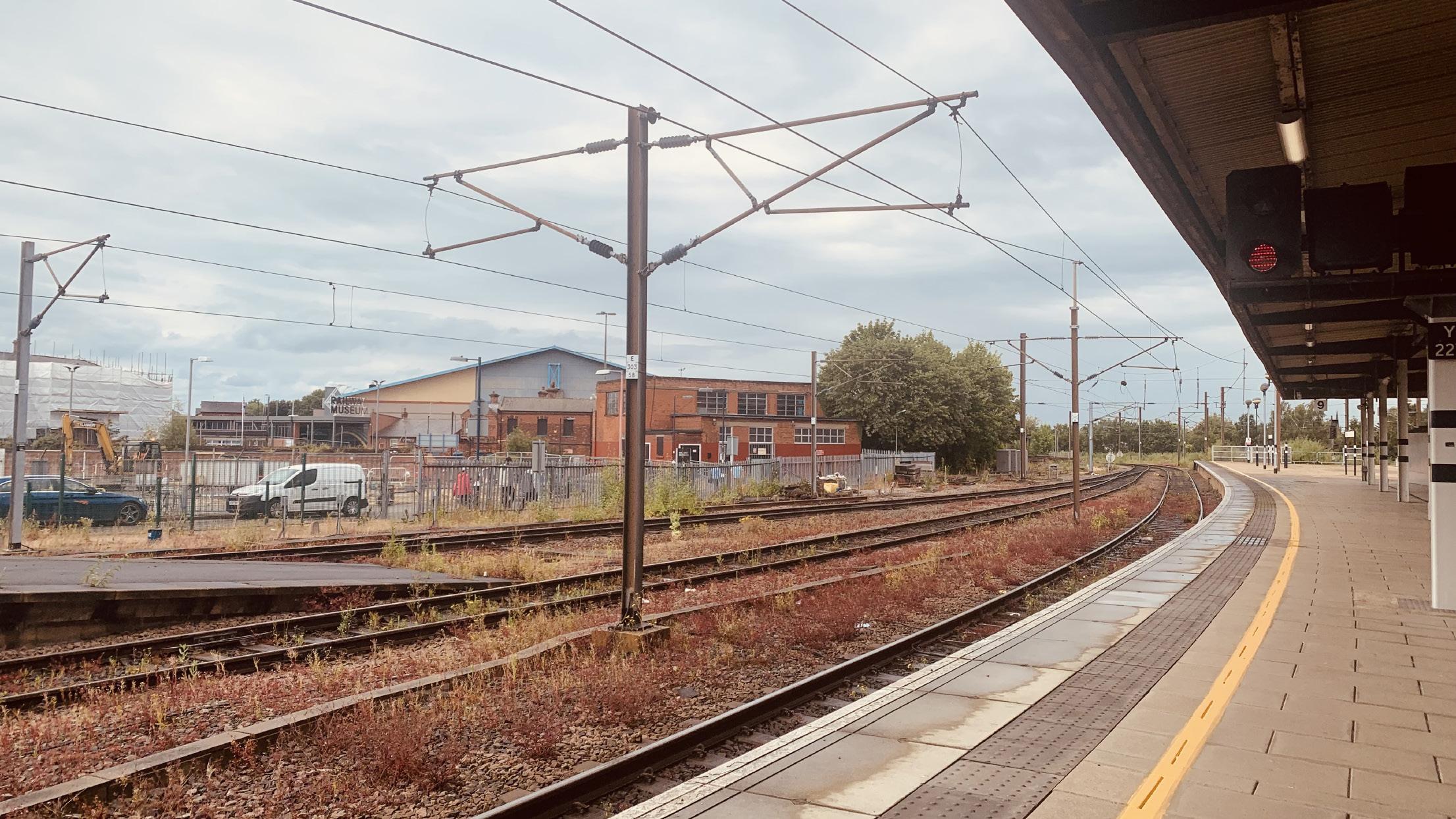
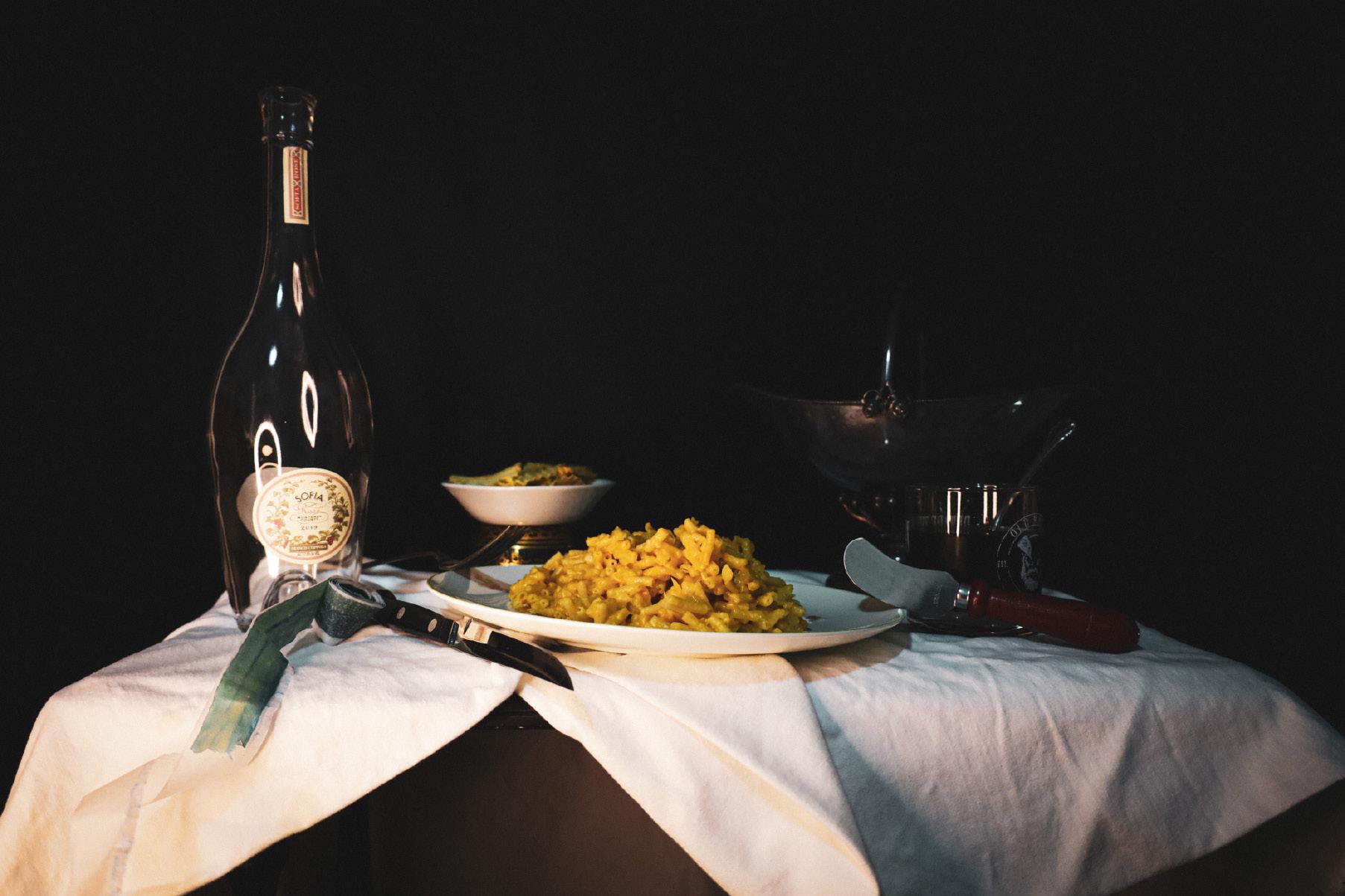
Now, that gets our kid excited. He wasn’t exactly jazzed about pajeon, a weird disc woven with long green onions and chunks of purple, dried squid. Any kid will eat pizza though. He leans in and grabs a slice of the oily, golden-brown pancake. As the oil runs down his fist, I remind him that it’s not “finger food.” He struggles to warp his small fingers back around the chopsticks in the proper form. He gives up and skewers the slice, eager to get it back into his mouth. My wife smiles at him, and then at me, pleased that she got our picky kid to try “my people’s” food. A wave of golden hair covers her eyebrows, so it’s hard to tell if the smile is genuine.
My kid stabs his second slice, lifting it into the air and toward his mouth. The pajeon slides off the stick and into a dish of shoyu because that’s not how you use chopsticks. As I wipe the splashed sauce off my white shirt, I contemplate making him switch to the right way. In my head, I sound like my mother. I have a rough idea of how she’d yell at him in Korean for not knowing chopsticks, and then yell at me for not teaching him. Let’s just say I’m glad my wife and son never picked up the “mother-tongue,” despite listening to so much BTS in the car. We don’t visit that side of the family much.
My wife keeps up her possibly fake smile, as our kid lines up for a third. She chose this restaurant because we “don’t connect with our heritage nearly enough.” I agreed because it’s close to home and has private dining areas separated by a thick sliding door. I hear it open slowly, as our server lurks into the room. Through a Spanish (I think?) accent, she informs us that one of our courses has been delayed. My wife brushes her flowing blonde hair aside and confidently educates our server that it’s pronounced Bulgogi (Bull-Goh-Gee). As our server exits, my wife smiles again, though this time I can tell it’s real.
I remember on our first date, how she pronounced pretty much everything incorrectly. She apologized desperately after, but I didn’t care then. I was just thrilled that she was into someone like me. Her family wasn’t thrilled though. Not her mother, and certainly not her father. No pitchforks and torches or anything, don’t get me
wrong. There’s just some weighted apprehension in the air. Slightly agitated glances that tell us that we don’t belong. We don’t visit that side of the family much either.
We let our kid polish the rest of the Asian pizza off. He’s a bit messy, but that’s to be expected. Boys his age eat like horses. We shouldn’t interrupt him with such little things. In fact, we all just want to enjoy a normal family dinner. It would be nice to have a quiet night out, for once.
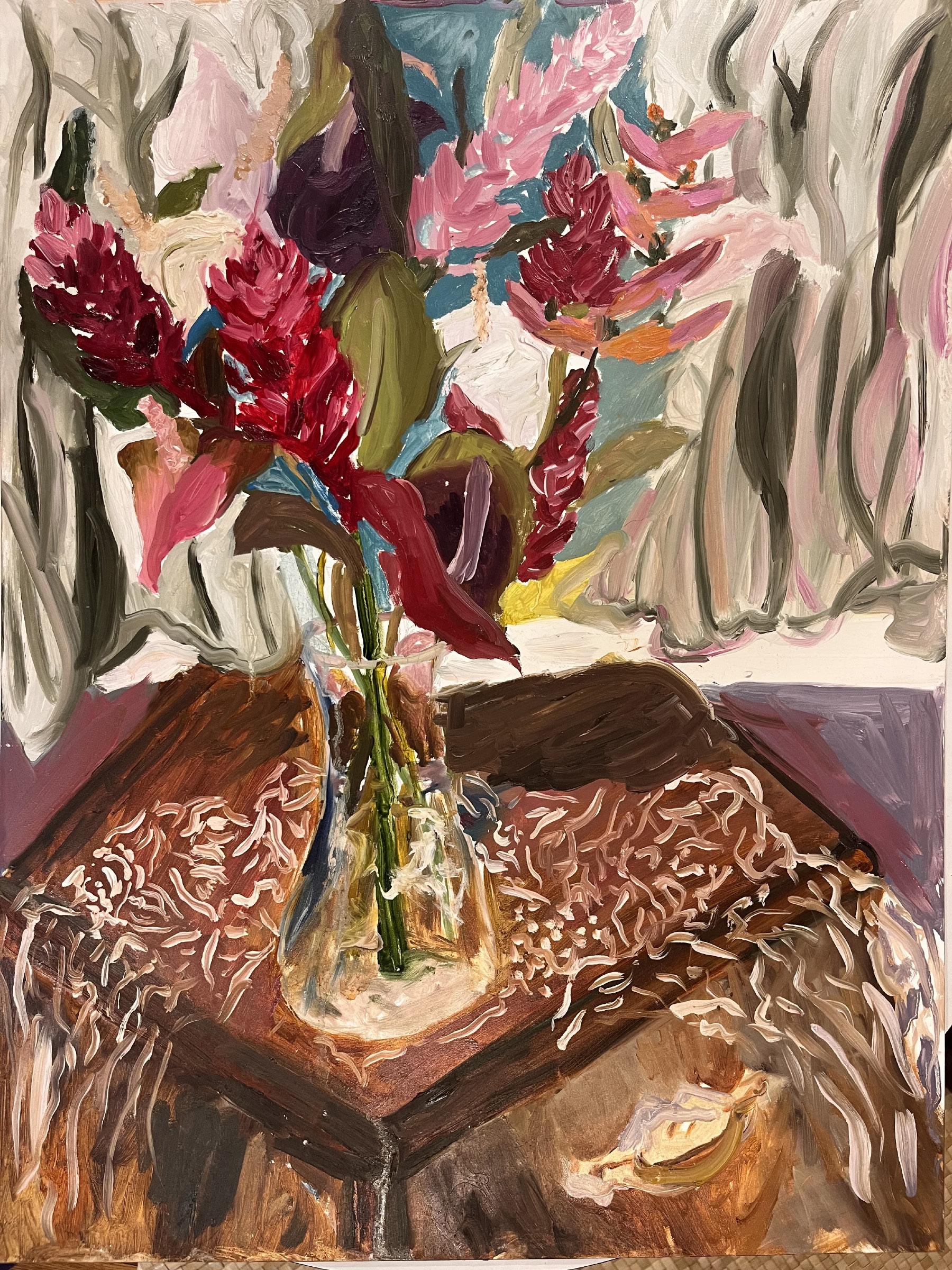

It swirls through the air
On waves tinted with brass the hue of the setting sun With notes as soft as rose petals Pressed gently between fingertips
It tastes like lavender and lemon A drink I once savored many years ago. Carbonated accents popping over the tongue A sweet aftertaste wrapping it all up.
The campus was warm in the summer, Humidity raising up old stories, That ran like a river from my father— How they had met, In a time far unlike my own.
Between small sips, I wondered, If I would, one day, call this place home too
It soothes me to hear its voice
Warm water working into weary bones Steam that releases taut skin A lullaby for the soul.
My mother sometimes visited me Reclining on my bed as I hunched over my desk Eventually, like clockwork, she would doze off into rest I knew it put her at peace, As it drifted lazily around the room
She never shied away from how it tired her Perhaps, I one day, will sleep to it too.
It plays in the background of my studies, Taking on more forms than moon phases. Sometimes loud, with crashes and thunder Sometimes soft, silken and tender.
Yet through all its manifestations, On the sunniest of days and coldest of nights Through tribulation and tranquility I feel most comfortable When I can hear its velvet tones Dragging me in.

Promise: /'präməs/ noun. An assurance like a knot knit tighter than my grandmother’s quilt, no tears, no rips. My grandmother says her son rests in peace. RIP, peace because our tears are golden to her because God promised she would see him again. The one she pushed into the world, her beloved
Human: /'(h)yoomən/ adjective. Susceptible to the backbreaking waters of the world, to the jagged edges of a stone ventricle, to the blackened illness that dragged him under, to mistakes, to
Loss: /lôs,läs/ noun. A promise that all which has been broken will mend in time, all that has been lost will be found, and we will get to see him again. This is a
Human Promise: /'(h)yoomən 'präməs/ Meant to be broken.
The death of him did kill me once when I had thought him gone. His ghost drank pints of fitful sleep, ate screams until the dawn.
Then on the morn I rose with dread but echoes of my tears were silenced by a gleaming sight: His face, there, crystal clear.
I smiled then, just like the sun, and reached to take his hand but stretching fingers curled and touched a swirl of fallen sand.
A sheet of ash before my eyes; a gray unyielding pain. The ghostly true mirage I saw: a trick played by my brain.
The death of him did kill me once. I shrieked my throat rose-raw. And having lost twice over now, my heart will never thaw.
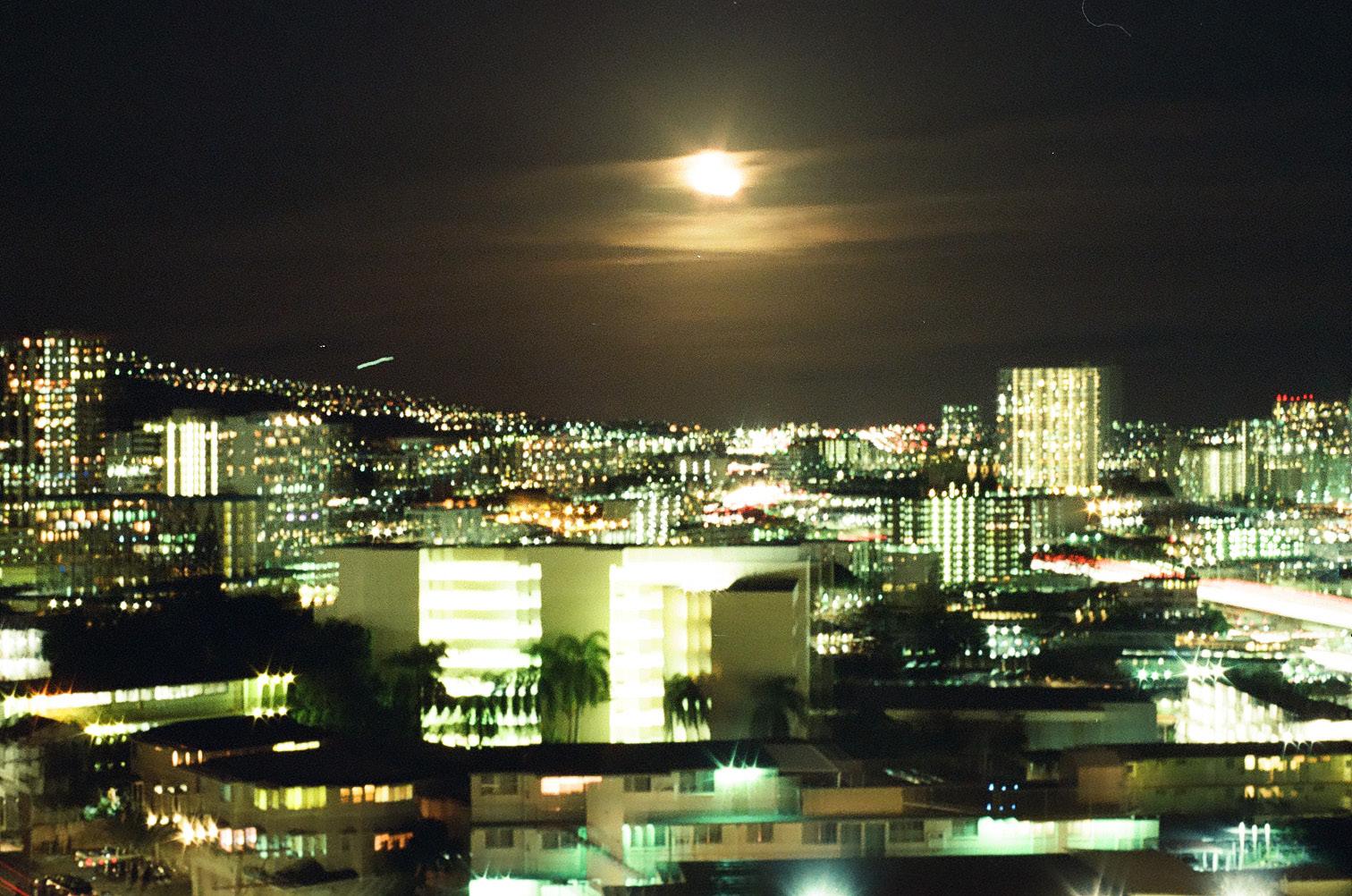
Spending the days with a friend
Hoping these moments will never end
The sights and sounds of this place I call home
Through summer days eating ice cream cones
With playful bubbles that look so illusory A book that holds a magnificent story
My dad’s perfect pasta with garlic bread
The sweetest taste of Nutella spread The warmth of my blanket in a cold summer room
The flowers on my street, as they begin to bloom the moon and the stars that reflect my destiny the ripple of water that cascades eternity
I love pastels of every hue yellow, green, and even blue An afternoon of sunny haze I love the perfect summer days
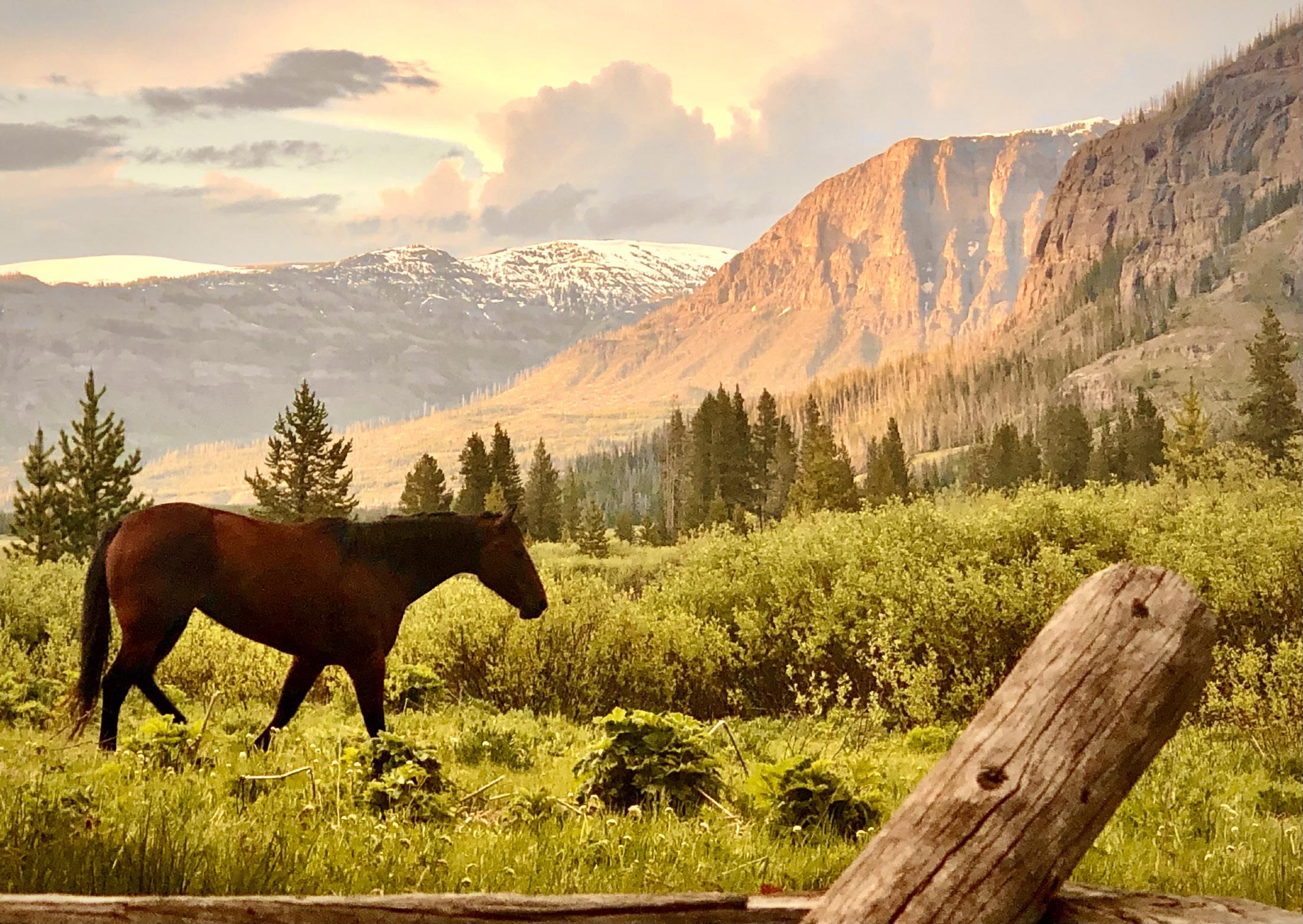
There were roads stretching for miles, wheels on pavement spiraling over and over and over again until movement was lost in the motion of red rock racing by the windows. We drove on cruise control. We watched hues smudge in front of our eyes like paint dripping down a blank page. We let the engine lull us to sleep. There was Taco Bell takeout and pieces of lettuce all over, conversations that filled the gaps between the lane lines occasionally. We found unlucky flies smeared across the headlights. There was once a butterfly, too.
We wondered about beauty, we listened to the thunder growling in the distance like a hungry thing. There was a brutal crash, car and truck spilled everywhere, strangers comforting a woman crying for the black marks on the road that remain a memorial to this day and the one she could not save. We wondered why life is so short.
We touched the layers of Entrada and watched as history crumbled beneath our fingertips and escaped on the wind. We walked footstep over footstep, rhythm matching the cry of our hearts in our chests: Lord help us.
There was a balanced rock threatening to break loose, metaphor for the thread binding our wrists together, metaphor for the strengthening echo reverberating within us.
There were arches that let in the sky.
We took photos to capture precious memories we knew we wouldn’t remember.
We watched the landscape darken with clouds and shadow.
Then there were raindrops pelting our bare skin and soaking through our cotton t-shirts, heavy like the sorrow for yesterday, piercing like the longing for tomorrow.
There was the storm, bursting in the sky. It lit up the night so we could see the worry on each other’s lips.
We ran for shelter and watched the dirt melt into rivers of iron.
*Note: Entrada refers to the Entrada Sandstone formation.
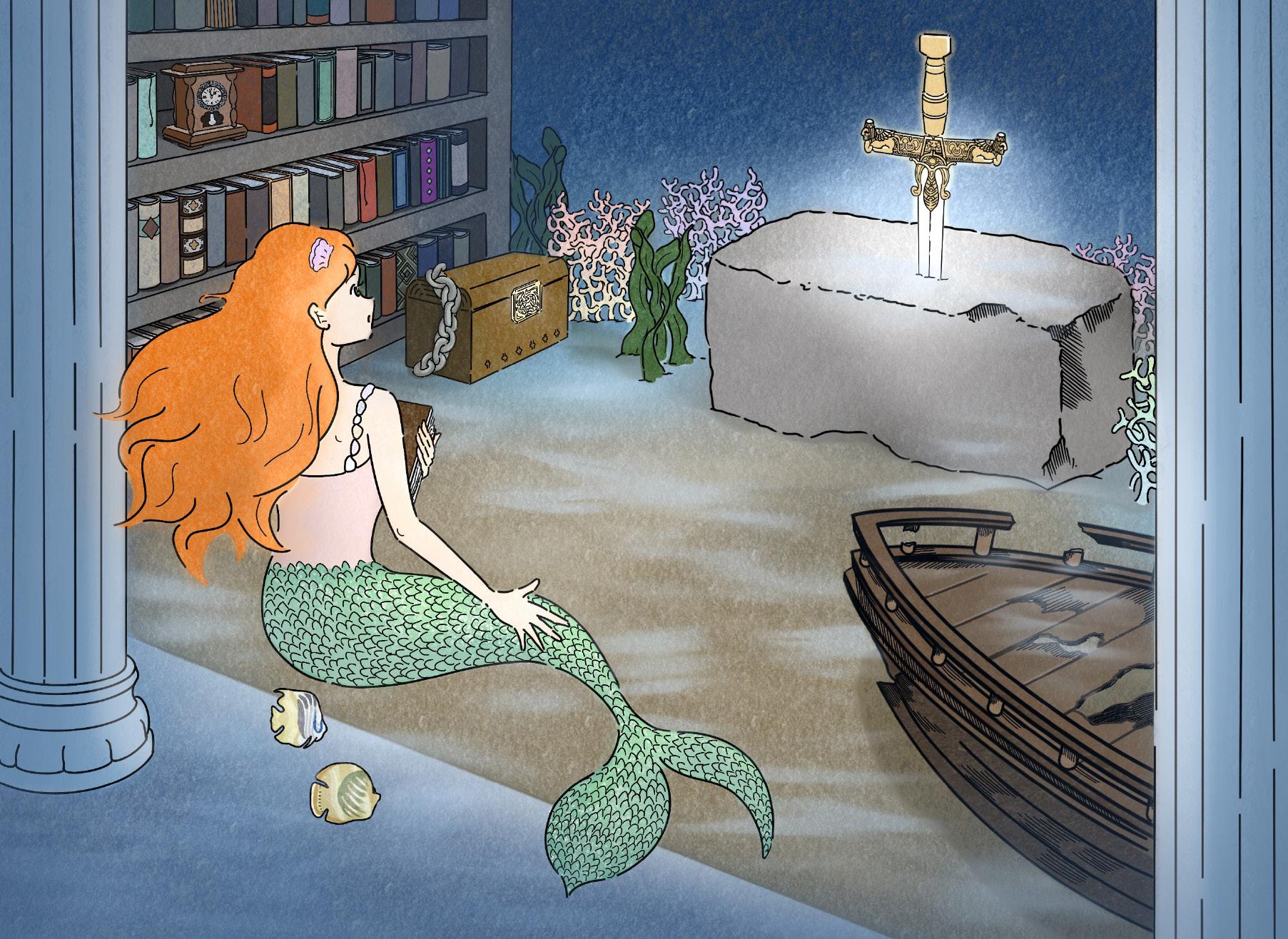
In America, they talk in Rude jokes and rough sounds
From flapping lips, eating at the Chinese restaurant down the street Down the ugly decrescendo of slanted roofs and Slicked-black alleys
In this country my mother Sees gold flowing ludicrously from Pouches the ugly color of blood
America, golden calf, This is our Exodus China’s sorrow Leaving a damp stain.
In America my mother Bends over the rice pot,
Like a starving artist over the easel.
In a universe of constant vibration
Particles racing with no aim, no end Matter, doomed to eternity
I live because noise has built me
The thirty-five decibels of every breath
The forty of chewing, vibrations in my head Water down my throat as loud as any river
The quarks that make me, shaking with boisterous angst
Loud, loud, loud.
In a moment I find myself asking, “Can’t I live just a single moment, free from the Voice?”
I catch myself craving silence
Yearning for nonsensical, abject stillness
Because we’ll never be free to be silent
Even after consciousness lets go, it’s still loud
The fleshy sounds of wet tissues Moving, drying, decaying, devoured by the earth
Before we get there, I’d like just a moment to myself
Not in impossible, mind-numbing silence somewhere absent of matter
But a simple place
Warm on a crisp autumn night in the mountains
At home, somewhere I’ve made
The sky lilac, blending downward into cream
Living with the sounds in my head
The same as I live with this beautiful, ancient sky
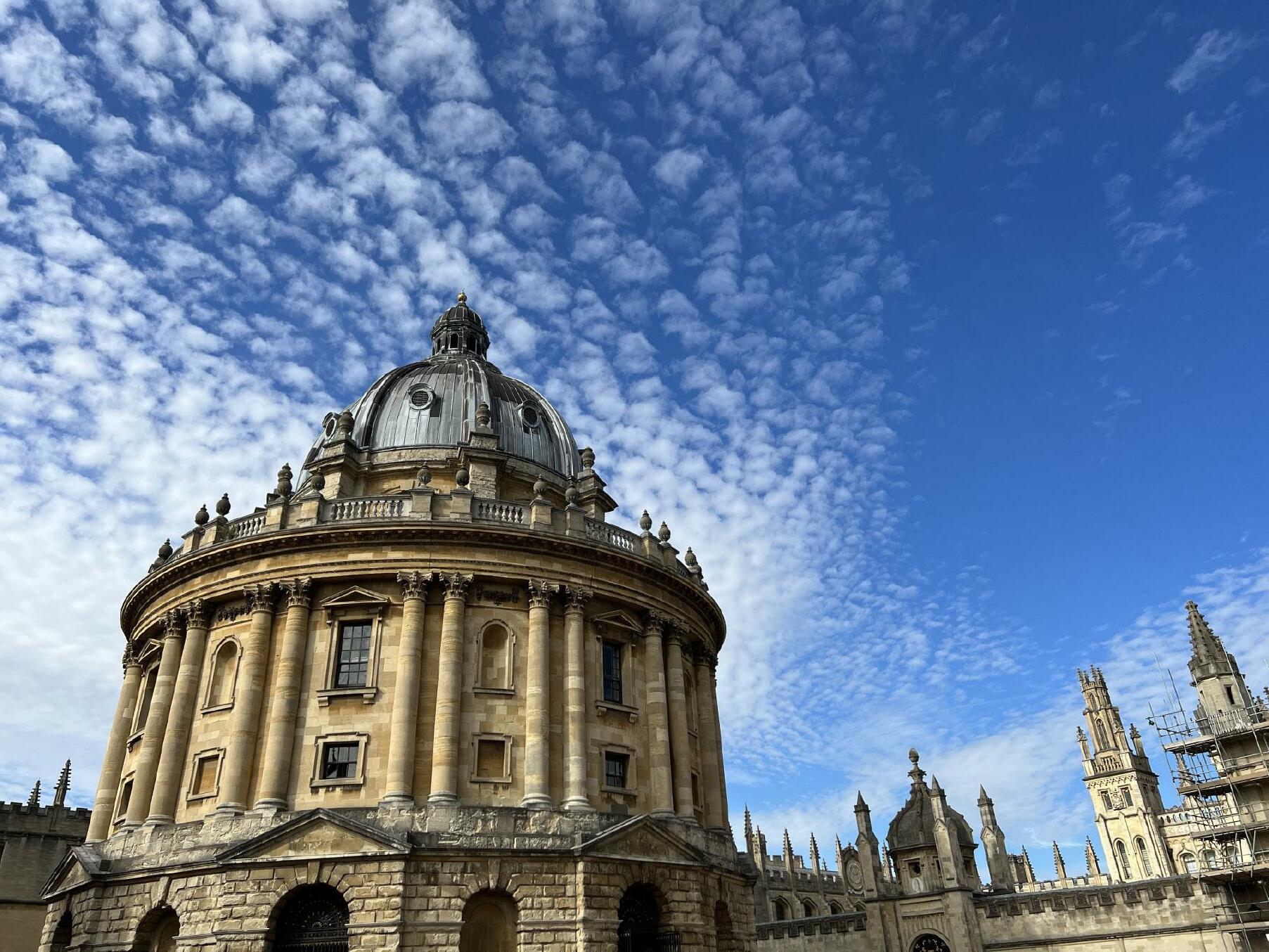
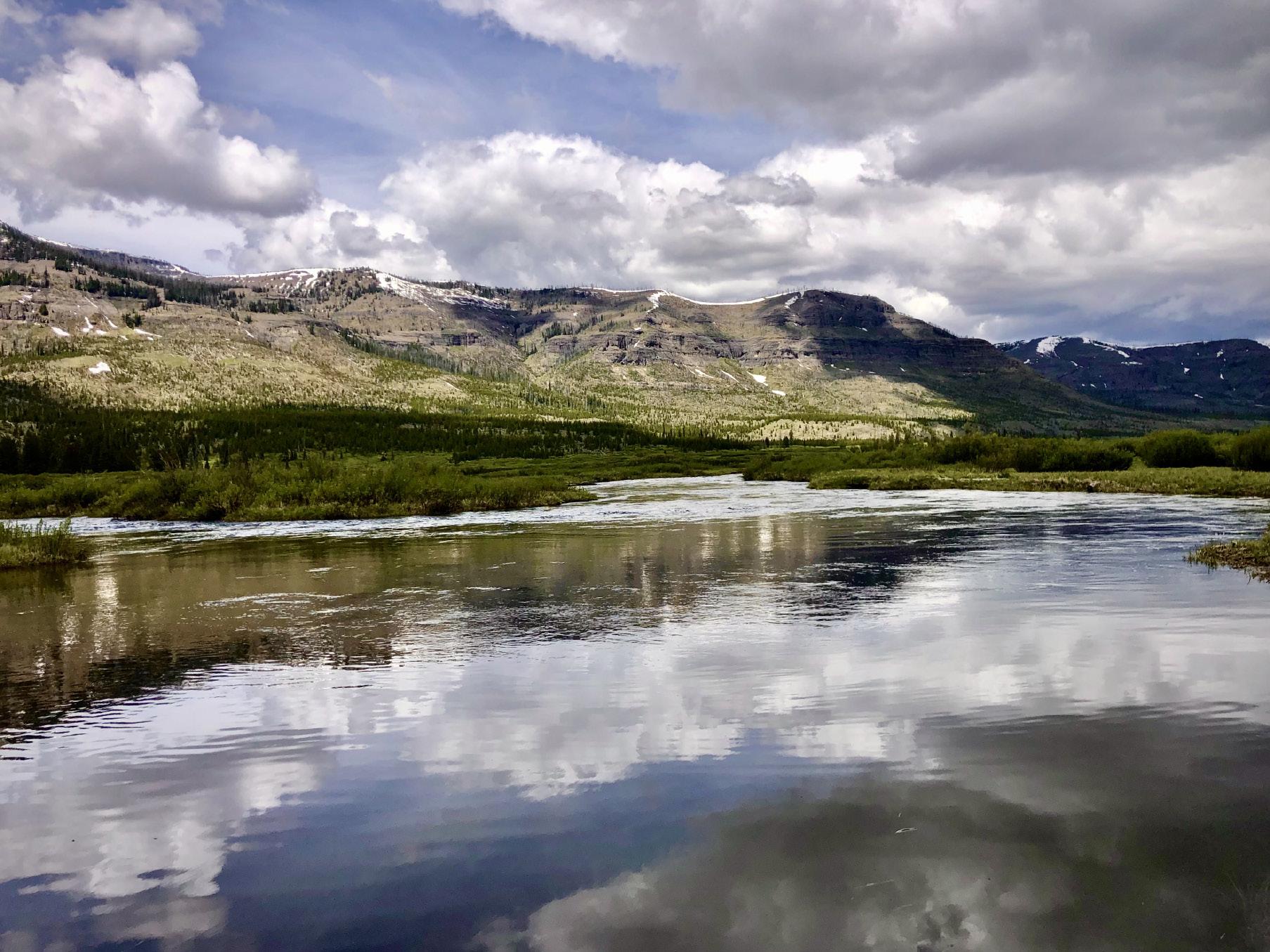
The leaking faucet drips like watering eyes
And if not for the monotonous sound of pinging water, No one would know the faucet leaked.
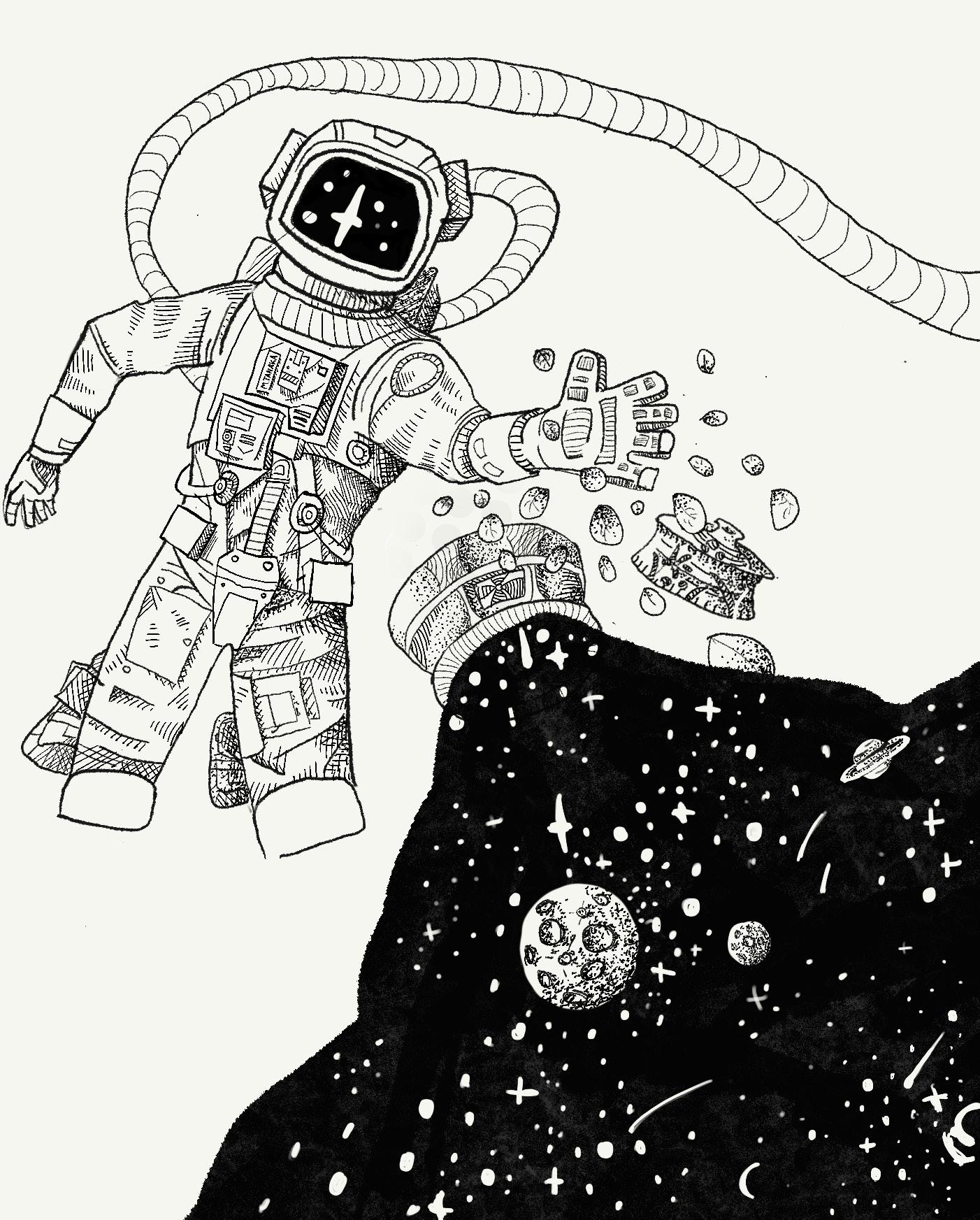
Lots of things were in my mind when I wrote this. I thought of all the content in about 15 minutes as I was getting ready for bed. Earlier that day I had AP Euro so I had religion – specifically The Ninety-Five Theses – swirling in my head. That’s kinda the context, enjoy.
When my grandfather was a boy, right before the Communist Party took over mainland China, he left Shanghai for Taiwan, then Brazil, then the United States. I don’t think anyone could’ve realized what he would lose, but I know that he still wonders what might have happened if they’d found a way to stay. I actually really like the word “shanghai,” controversial history and all. It’s more underhanded than “coerce” and less violent than “strong-arm.” I’m sure that there are people who would interpret the word as racist or Orientalist, but I like the irony of its use in this poem— Asia no longer being the destination to be kidnapped to, but from.
Inspired by Miles Kroeker “Thank You, I’m Sorry”
Elia Belluzzo ’26, Nostalgia (27)
I wrote this poem when I had just moved about a year ago, and I was really homesick. I was really missing my old home, and I was thinking a lot about different memories I had there. It was really hard for me, so I wrote some poems about it. This poem was really important to me, as it was a way I could put my grief and the things I was feeling into words.
I took wheel throwing over the summer. It was a really interesting experience to learn a new art form in such a condensed amount of time, and I was fascinated by how careful yet confident you have to be all throughout the process for the end product to be satisfactory. This poem is a reflection of my experiences.
Nicole Dao ’23, And When the Music’s Over, What Then? (41-43)
Emma and Jamie’s duet is an arrangement of Antonín Dvořák’s Symphony No. 9, “From the New World,” or “Going Home.”
Ian Watanabe ’23, “It’s Basically Asian Pizza!” (46-47)
My main inspirations were Ben Passmore’s “Your Black Friend”, as well as Charles Yu’s Interior Chinatown. I wanted to explore racism, not as a heated crisis but rather a slow burn that creeps into everything, including the character’s external and internal self.
Crow Villanueva ’25, My Funny Valentine (50-51)
The title of this piece is a reference to the jazz piece of the same name (the Ella Fitzgerald version, of course), and will hopefully clue the reader into what the “it” I mentioned throughout the piece is. Spoiler alert: “It” is jazz.
Jadon Kwan ’24, Summer Days (56)
I really enjoy writing poems, as does my friend, Julian Barradas ’24. He was about to move to Texas when I decided that we should collaborate together on a poem before he moved that summer. So we wrote a poem about summer! It includes all the things that we love, as well as some references to our favorite game, “Genshin Impact.”
Kyle Correa ’24, Standstill (14)
Truthfully, I took this picture accidentally while walking through a hallway to get back to my workplace, hence the awkward angle. Upon looking back at my camera roll, I noticed it and played around with the saturation, colors, and overall vibrance of the picture, thus giving me this picture.
Sara
I originally started this piece as practice for an art style that I had been recently wanting to try. I ended up completing it, and I decided to take this opportunity to submit it because it’s my senior year.
The title of this piece was inspired by the lazy summer nights I would spend working on this drawing. The name also exemplifies the tone and overall lighting of the drawing itself. This was one of the harder art projects I’ve worked on, given how I was striving to draw this piece in a hyperrealistic style.
You know, it’s funny how I can imagine a world with giant monsters and robots, and yet not one that’s free from colonialism or cultural appropriation.
This artwork is a redraw of one I had done a pre-pandemic. Although the original isn’t shown, the main improvements I made were in expression and overall design. This piece is a simpler one, with easy shapes as background and not a very complicated outfit or design. I enjoy it because of the mystery and emotion it conveys. I really enjoy the hand pose and how that transfers to the mirror, and the bright colors and harsh lighting really add a mood to the piece.The character’s name is Jolee and she’s the stereotypical mean girl, with a little bit of moral dilemmas and guilt on the side. ;) The reflection is a much meaner side of her that is her usual personality, whereas her real self is in a moment of doubt and self-pity.
Kanani Steward
A freshly picked bouquet of colorful flowers from Nu’uanu (courtesy of Alana’s yard) captured by the up-and-coming, multi-talented pop star. This piece is on a large canvas, done with vivid oil paints, fluidity, depth, and lots of love. You’re welcome. I hope you feel the breeze, the swaying of the curtains, and smell the sweet ginger. It’s an ode to Matisse, of course, the king of flowers, vases, and painting.
“...You touch this limit, something happens and you can suddenly go a little bit further.”
- Ayrton SennaI was fishing in the Tetons in Wyoming last summer, and this scene caught my eye as I was walking back up from the river to our camp. I like this picture because it captures the beauty of the horse, the mountain range, and the pasture–three of my favorite things about that area.
The scene where Ariel sings “Part of Your World” in The Little Mermaid has lived within me for a very long time. Although Ariel dreamed of becoming a human, her life under the sea seemed wondrous and appealing to the younger me. But I realized this must be what Ariel thought about our lives. The “forgotten sword” is a metaphor for something people may have forgotten they possessed--that may be a skill, a passion, a strength, or a goal. This drawing is an encouragement to value your personal “treasures”; it’s a reminder to open up your eyes to the things in our lives that Ariel might find fascinating.
Nicole Dao ’23 Ian Watanabe ’23 Ava Pakravan ’24
Nicole Dao ’23 Mika Hiroi ’24 Jill Sprott Mark Pangilinan
Nicholas Flores ’26 Morgan Hom ’26 Sophia Hurd ’24 Crow Villanueva ’25 Tyf Katsuda ’26 Silvia Kim ’23 Amber Nobriga’23 Greg Lippert ’26 KG Pan ’25 Ben Watanabe ’26
Nicole Dao ’23 Ian Watanabe ’23 Ava Pakravan ’24
Ka Wai Ola seeks to showcase original visual and literary artwork from the Punahou community that displays knowledge of craft and impactful artistic intent. KWO celebrates the artistic gifts and talents of Punahou’s students, offering an authentic space for storytelling, expression, learning, and sharing beyond the classroom.
Would you like to see your art or writing published in the upcoming issue? Check out our website at kawaiola.punahou.edu for information on submitting.
